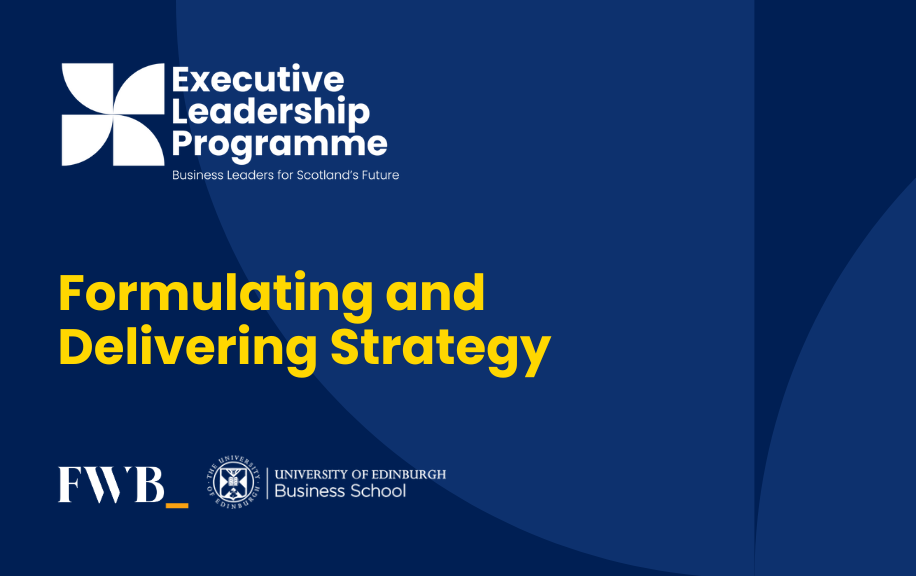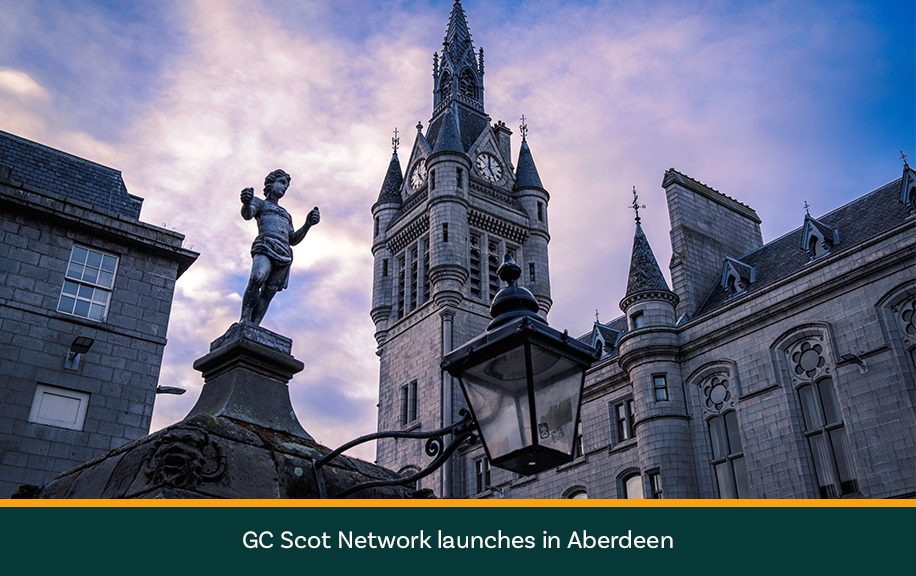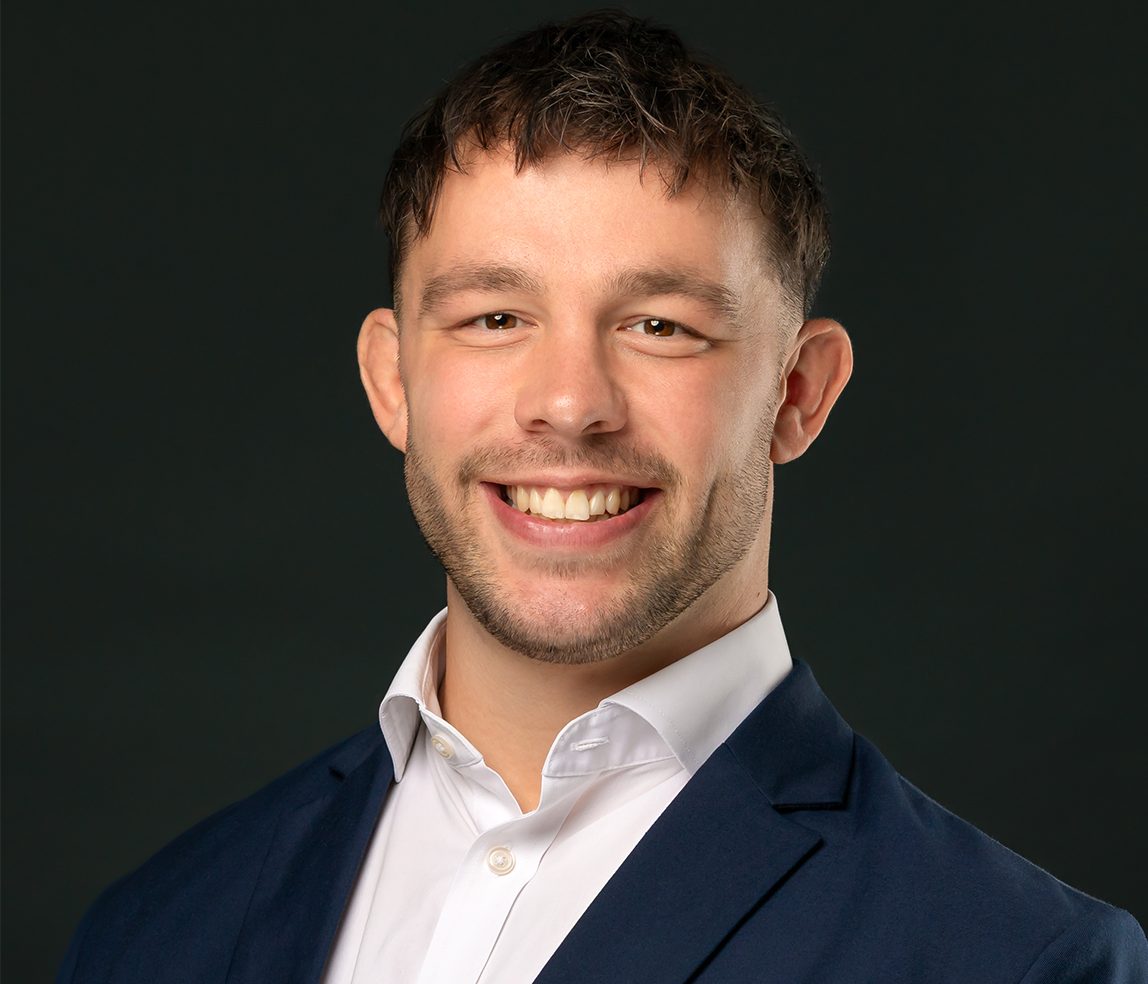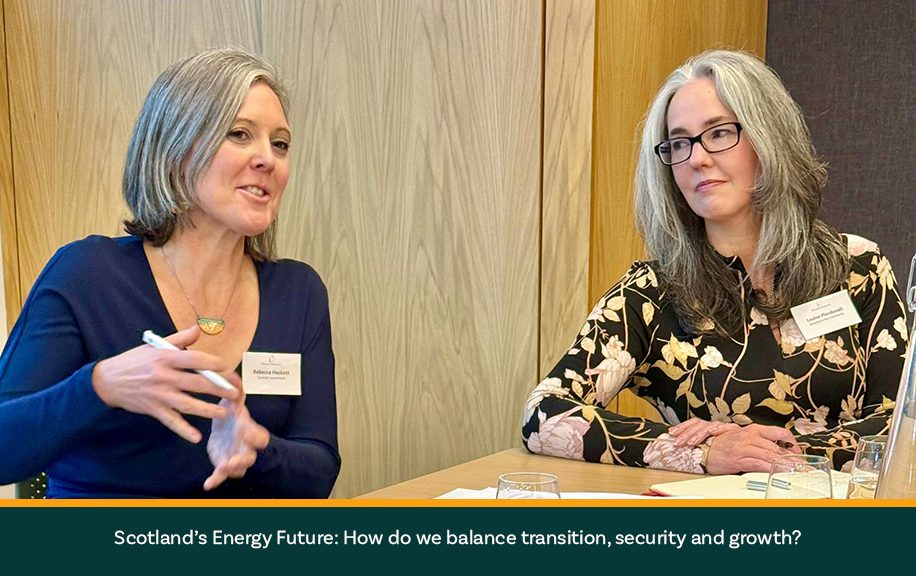Contact the team at FWB to discuss your individual or company requirements, or to discover more about our specialist services.
The Big EWIL Debate: Net Zero – Viable concept or a challenge too far?
23 May 2024
- Thought Leadership
- FWB Events
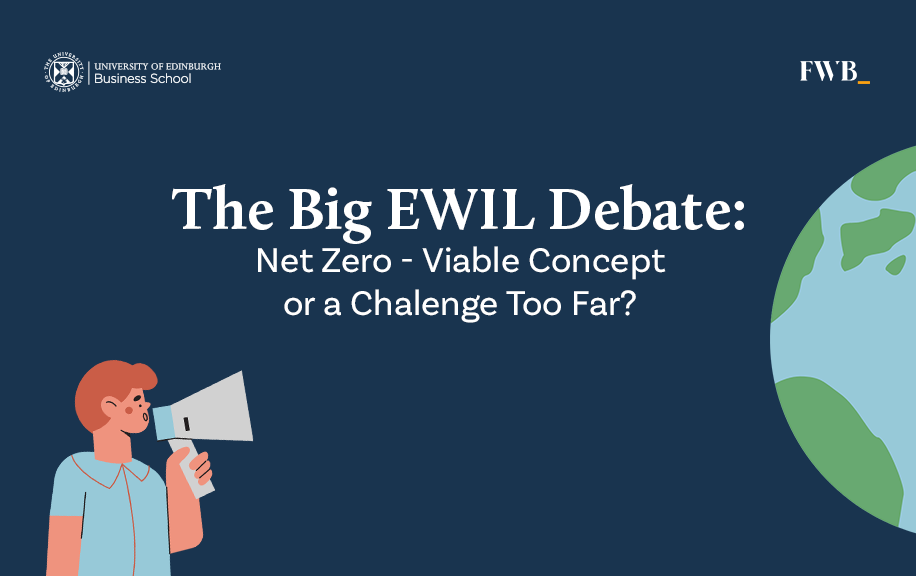
The Executive Women in Leadership (EWIL) network recently held a topical debate on Net Zero. We were delighted to have Amanda Young, former Chief Sustainability Officer at abrdn plc, and Dr Valentina Kretzschmar, Vice President Consulting, Climate Risk, and Strategy at Wood Mackenzie, lead a robust and challenging discussion.
Valentina started by emphasising the immense scale of the Net Zero challenge. She highlighted the need to have a deep understanding of geopolitical, macroeconomic, financial, and technological factors, as well as the interaction between new and old energy systems. Despite the challenges, she argued that transitioning to clean energy is crucial and significant progress has already been made in technological policy and regulatory changes. But what we now have to do is reduce the turbulence of this energy transition and make the flow more orderly – it’s been just too turbulent and as time goes on we are going to see more of these targets dropped because they were simply not realistic in the first place.
Valentina explained that fossil fuels remain part of the solution due to their foundational role in our economy – our economy is absolutely underpinned by oil and gas – and until reliable and affordable new technologies are developed, policy makers and other stakeholders must understand that fossil fuels must be treated as a strategic resource.
So, we need to drop the hypocrisy and adopt a rational approach to the energy transition. Norway has set a successful example in addressing this – they have the lowest carbon footprint in the world, have benefited from their oil and gas fund while focusing on clean technologies and supportive policies.
From an investment perspective, Amanda Young outlined six criteria for assessing a company’s credibility in the climate space:
- Emissions Targets: Has the company set emissions targets, and what is the design around those targets?
- Emissions Performance: Where does the company stand against its target setting?
- Green Market Penetration: How much revenue does the company generate from green initiatives? Examples include oil and gas companies moving into renewables, hydrogen production, and electric charging stations.
- Climate Governance: How does the company measure and oversee its progress against targets? The governance aspect is critical.
- Technology Readiness: Can the company adapt? What technologies set it apart from competitors? Electric vehicles were cited as a prime example.
- Policy Environment: What is the regulatory context in the regions where the company operates? It’s crucial to align corporate plans with supportive policy environments. Amanda discussed the scenario of a being a UK company, but a large proportion of your business operates within countries with an extremely weak policy. You need to map the policy environment where the company is operating and see whether the policy will be supportive of corporate plans.
Amanda concluded on a note of optimism as she highlighted the investments in companies that continue to innovate. She noted that whilst public market investors may not always see the groundbreaking innovations that tends to be more prevalent in the private sector, there is hope that forward-thinking investors will allocate funds wisely to achieve necessary goals without government intervention.
During a lively Q&A with out guest speakers, participants supported the need for innovation but stressed the importance of proper government policies and the need to incentivise investment. There was a consensus on the necessity for “corporate Britain” to have more incentives to invest in new technologies, and the general view was for people to step out of their comfort zone and make some tough decisions to drive the transition forward.
The debate highlighted both the significant challenges and the critical need for a strategic and balanced approach to achieving Net Zero. It underscored the importance of innovation, realistic target setting, and the role of policy in supporting corporate efforts. The EWIL network continues to foster discussions that push the boundaries of leadership in sustainability.
Interested in attending our future events? Click the button below to join our mailing list.

